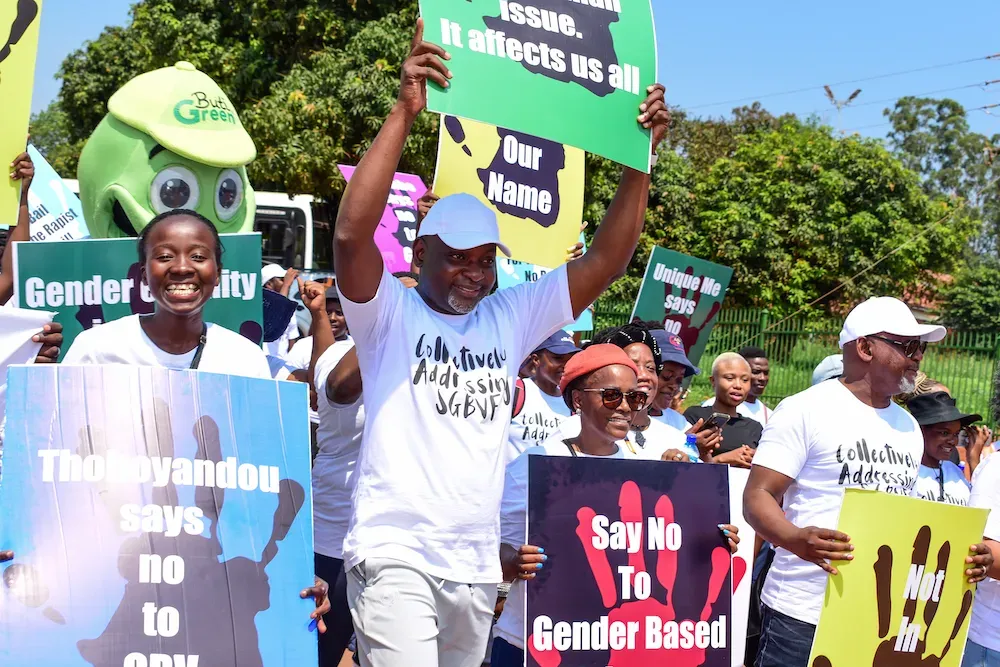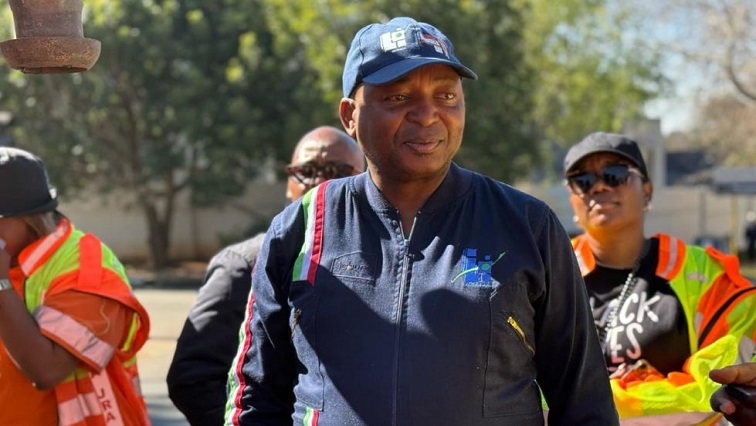
The recent murder of Olorato Mongale has ignited a national conversation about the pervasive issue of femicide in South Africa, a crisis exacerbated by the alarming rise of criminal syndicates targeting women. Her tragic death not only highlights the dangers faced by women in their everyday lives but also reflects a broader societal problem of gender-based violence that permeates the fabric of South African society. As a 30-year-old postgraduate student with a promising future, Mongale’s brutal murder during what was supposed to be a simple date reveals the chilling reality that many women face—under the guise of romance, they are often preyed upon, ultimately leading to tragic outcomes. The swift police response and ongoing investigations aim to bring justice for Olorato and challenge the systemic issues of violence against women in a country where gender equality remains an urgent goal.
The Impact of Olorato Mongale’s Murder on South African Society
The brutal murder of Olorato Mongale has generated significant outrage across South Africa, shining a much-needed spotlight on the ongoing femicide crisis in the country. This incident has ignited public discussions, with many individuals and organizations advocating for justice and systemic change regarding gender-based violence. Demonstrations and protests have emerged, demanding that the government take stronger measures to protect women and hold perpetrators accountable. The violent nature of Mongale’s death symbolizes the alarming frequency of similar occurrences, prompting questions about societal norms, safety, and the urgent need for reform in law enforcement and legal protections for women.
Mongale’s case has called attention to the patterns of violence that many women face daily in South Africa, illustrating that the consequences of such heinous acts extend beyond the individual victim. They also create a deep sense of fear and mistrust within communities, further perpetuating cycles of violence. Activists are leveraging this tragic event to mobilize action towards better protective measures for women. Campaigns emphasizing awareness on personal safety and self-defense are gaining traction, highlighting the necessity for educational programs that empower women in navigating public spaces safely.
The murder of Olorato Mongale has ignited a nationwide conversation about the femicide crisis in South Africa, highlighting the dangerous dynamics of gender-based violence and the systemic failures that allow such crimes to proliferate. From the initial investigation revealing a sophisticated criminal syndicate that lures women under false pretenses to the swift police action that led to the identification and pursuit of suspects, this tragedy underscores a critical need for comprehensive measures to protect vulnerable individuals. The case not only unveils the horrifying reality of targeted attacks against women but also calls for a collective response from society to demand justice and promote safety. As South Africa grapples with these issues, the fight against gender-based violence must become a societal priority to ensure that no more lives are lost to such senseless acts.







